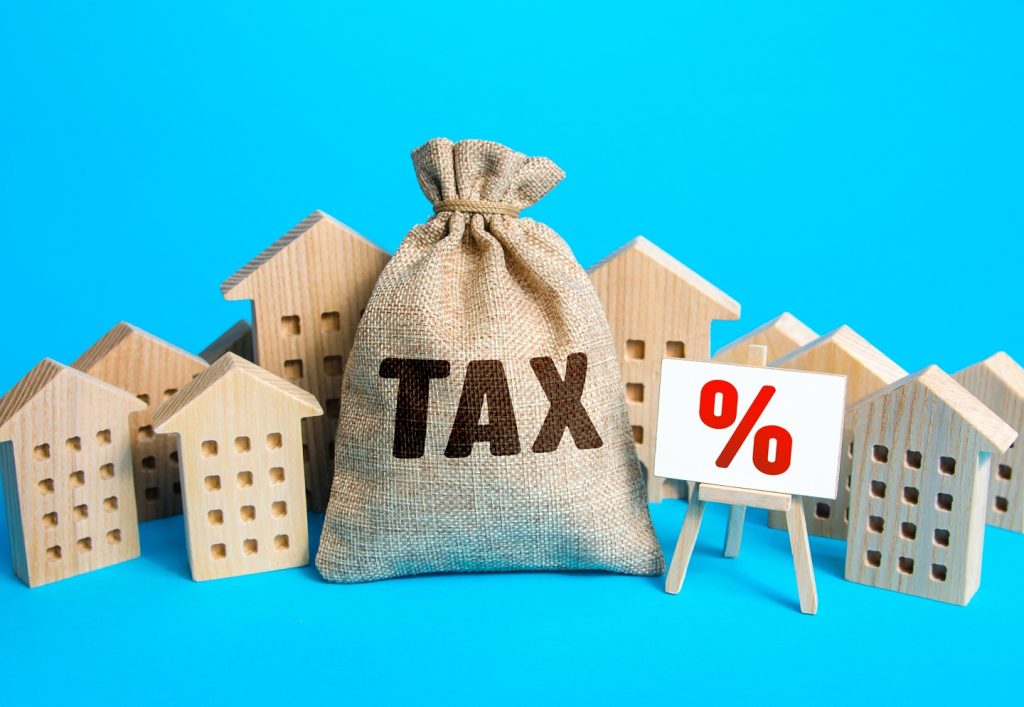Farewell to Commercial Property Stamp Duty in VIC
In the recently unveiled 2023-24 State Budget, the Victorian Government has introduced several notable modifications to stamp duty, payroll tax, land tax, and insurance duty. This article aims to delve into the details of some of these reforms, shedding light on the transition process, financial implications, and their potential impact on the Victorian business landscape.
In an effort to revolutionize the taxation landscape and stimulate economic growth, the Government of Victoria has announced a ground-breaking plan to abolish stamp duty for commercial and industrial properties.
Starting from July 1, 2024, a new annual property tax system will be introduced, providing businesses with greater financial flexibility and unleashing opportunities for expansion, operational enhancements, and job creation.
Transitioning to the Annual Property Tax System:

Under the proposed reforms, commercial and industrial properties sold after July 1, 2024, will transition to the new annual property tax system. While specific legislation is yet to be released, preliminary information from the State Government outlines two payment options for the first purchaser of such properties:
- Upfront Lump Sum Payment: The buyer can choose to pay the property’s final stamp duty liability as a one-time lump sum payment. Currently, stamp duty is imposed at a top rate of 6.5 percent.
- Annual Payment Option: Alternatively, the buyer can opt for an annual payment arrangement, which involves paying fixed instalments over a period of 10 years. These instalments will include both the stamp duty amount and interest. To facilitate this transition, the government will provide a transition loan.
Commencement of Annual Property Tax (Stamp Duty):

Once 10 years have passed since the property’s acquisition, the owner of the commercial or industrial property will commence paying the annual property tax. This tax will be levied at a rate of 1% of the unimproved value of the land. Importantly, once a property enters the new system, stamp duty will no longer be applicable in any future transactions, while the annual property tax will remain in effect.
Exemptions for Current Property Owners:
It is important to note that these reforms will not affect current owners of commercial and industrial properties. Only properties transacted after July 1, 2024, will be subject to the new system. Existing property owners can continue to operate under the current stamp duty regime until a future sale triggers the transition to the annual property tax system.
Government Consultation and Economic Impact:

To ensure a smooth and well-informed transition, the Victorian government has committed to consulting with businesses and industries. These consultations will shape the final details of the reforms by the end of the year, fostering a collaborative decision-making process. The government expects that these changes will create a more dynamic business environment, fuelling growth, innovation, and employment opportunities. Economically, the reforms are projected to inject a staggering $50 billion into the Victorian economy, removing barriers to larger investments and making the state a stronger and more attractive destination for businesses.
Unanswered Questions and Considerations:

While the specifics of the legislation are yet to be released, the proposed reforms raise several crucial questions that need careful consideration:
- Scope and Timing: Will commercial and industrial properties remain exempt from the new property tax until they are sold? Clarity is needed regarding the application of the tax during ownership periods.
- Interaction with Landholder Duty: How will the new property tax interact with landholder duty when it comes to the acquisition of shares or units in a trust that owns commercial or industrial property? Understanding the interplay between these taxes will be essential for businesses and investors.
- Definition and Treatment: Defining commercial and industrial properties and establishing how mixed-use land will be treated under the new system are vital aspects that require clarification.
- Continuity of Other Taxes: As the property tax reform is introduced, businesses need to know whether other state property taxes, such as land tax and rates, will continue to be payable concurrently.
- Terms of the “Government-Facilitated” Loan: The details of the government-facilitated transition loan, which assists in the payment of fixed instalments over 10 years, including stamp duty and interest, are yet to be disclosed. Businesses will eagerly await further information to assess the terms and conditions of this loan.
As Victoria prepares for a transformative shift in its property tax regime, businesses and investors are eagerly anticipating the details and implications of the proposed reforms. The government’s commitment to engaging with businesses and industry stakeholders through consultations signifies a collaborative approach, ensuring a well-considered implementation framework.
However, as businesses navigate the transition, several important questions remain unanswered. Clarity on matters such as the scope of the new property tax, interaction with landholder duty, treatment of different property types, continuity of other taxes, and the terms of the government-facilitated loan will be pivotal in understanding the full impact of the reforms. Stay tuned for further updates as the government finalizes the legislation, providing businesses with the information they need to adapt and thrive in Victoria’s evolving property tax landscape.





